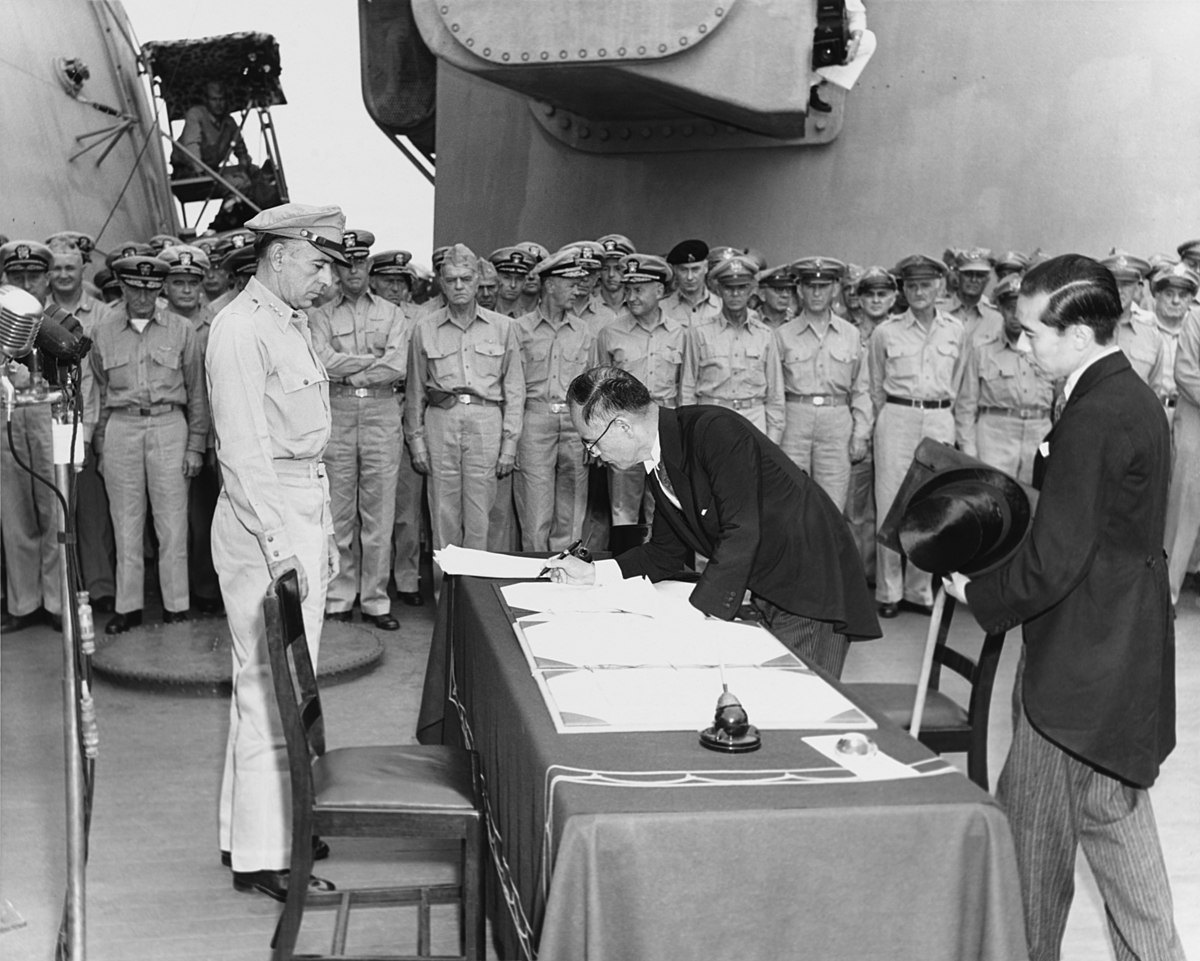The only benefit, given the huge numbers of rifles. MG's that must have been coming off the lines, can be the deniability aspect, as to how that Burmese hill tribe are equipped with MG42 etc. But I can only see Stalin benefiting, I cant see a deniability benefit for the Allies, especially not for the old colonial powers, who were planning their return to past pleasures.I would say fortunately, we will never know. I'm not sure the allies were expecting a strong military defence, as someone mentioned it could have become vietnam, if every japanese slit one allied throat, that would be a lot of dead, and of course the reaction would have been to kill 'every' japanese adult. Sorry to wonder into AH, but in such a case, maybe Stalin realises he can keep the rest of the allies bogged down, by shipping ex-german weapons over, leaving him to secure his new european dominions.
There are a lot of things about the Japanese psyche that is hard to explain or understand from our perspective.
One question that never seems to get asked is why or how Japan adjusted so quickly to occupation in late 1945? Japan had been unconquered, indeed isolated from the world for a large part of its history, a suspicious, traditional and feudalistic society that had morphed in the 20th century into a more nationalistic and militaristic society but still deeply traditional and hierarchical. And yet they seemed to accept US occupation and transformation of the their political, economical and social spheres the like the Japanese people had never experienced before. Yet there were no uprisings or riots or violent backlashes.
On ex-German weapons, I was reading an article month about RAF recovery teams in Norway in 1945. They were carefully sorting, preparing and storing ex-Luftwaffe weapons and equipment to ship to the Far East. A rather puzzling affair given how much resources the Allies had in 1945 and the supply difficulties it would bring, but perhaps indications that the British at least thought Germany's kit could be of use to them.
But I suppose a couple of million KAR with ammo, means a couple of million less lee-enfields to produce- maybe the treasury was sponsoring such activity?

